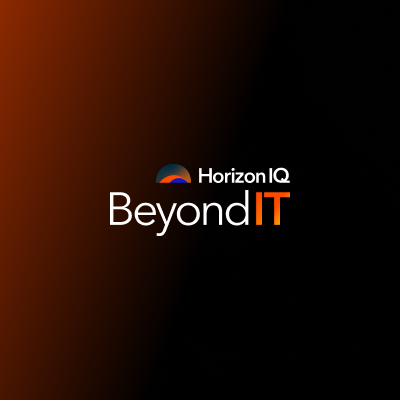
 Recently, the Wall Street Journal published an article titled, Cloud-Computing Kingpins Slow to Adapt to Own Movement. The crux of the piece is that while companies like Amazon, Google and Microsoft are telling customers to use the cloud for everything – run applications, store data and host internal software development – they aren’t practicing what they preach.
Recently, the Wall Street Journal published an article titled, Cloud-Computing Kingpins Slow to Adapt to Own Movement. The crux of the piece is that while companies like Amazon, Google and Microsoft are telling customers to use the cloud for everything – run applications, store data and host internal software development – they aren’t practicing what they preach.
Reliability and security
Thanks to advancements in cloud security, some large commodity cloud providers are slowly beginning to adopt their own cloud services. But there is still plenty of irony in this scenario. In a sense, these providers have the same concerns about reliability and security as other organizations that are making decisions about what should migrate to cloud infrastructure and what shouldn’t. And despite the benefits of cloud computing, there will always be some things that work better in a physical environment.
The case for hybrid
Despite the fact that they sell public cloud services, these providers know that ultimately, a hybrid model works best for most companies, as well as for their own products and services.
At Internap, we’ve been shouting the hybrid infrastructure message from the rooftops for a few years now. The knowledge that some workloads perform better on dedicated hardware isn’t new. Cloud is not one-size-fits-all. So if it seems like these cloud geniuses want you to use cloud for all your use cases, don’t believe the hype.
Optimal performance and scale
Amazon Web Service (AWS) and other providers have great cloud products. AWS offers an accessible, inexpensive way for new businesses to gain access to cloud servers and start developing a prototype or proof of concept.
At Internap, we’ve noticed a pattern among our customers that have data-intensive and/or latency-sensitive applications and workloads. Many of them initially used AWS, but experienced performance, scale and cost issues as their business grew. As a result, we have several high-performance customers that have moved away from AWS to address these issues.
Internap’s AWS Graduates: Distil Networks
Distil Networks is a great example of an Internap customer that tried AWS, Rackspace, Softlayer and others but eventually transitioned to Internap. Distil Networks protects websites from bots and other non-human visitors to ensure web security for its customers.
When the company began, it created a proof of concept using AWS instances to help with fundraising for the business. But as their initial customers grew and network traffic increased, Distil Networks required high compute and low latency with dedicated Internet connectivity to continue providing the best possible service for its customers. The high cost of accomplishing this with AWS led Distil Networks to evaluate other providers.
Distil Networks met its requirements by creating a hybrid environment that includes Internap’s dedicated bare-metal servers for baseline traffic and public cloud for scalability. Along with Internap’s route-optimized Performance IPTM service, managed hosting and colocation, Distil Networks is able to maintain a global, scalable high-performance infrastructure with a relatively small staff.
The moral of the story is that while the commodity cloud works great in certain scenarios, companies with high-performance requirements may need a more specialized solution. And with the price-performance benefits of bare metal, establishing a best-fit environment doesn’t have to be cost-prohibitive, even for a startup’s budget.
At Internap, we focus on delivering performance without compromise. It’s what we do. And if the cloud giants don’t rely solely on cloud for their business-critical applications and workloads, you shouldn’t either.
Learn more about Distil Networks’ infrastructure growing pains in the webinar: A Startup’s Journey.


